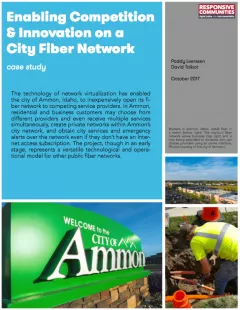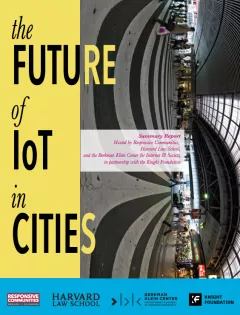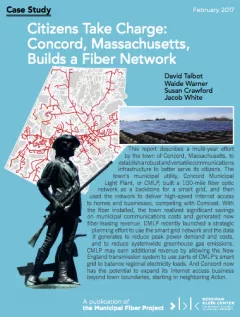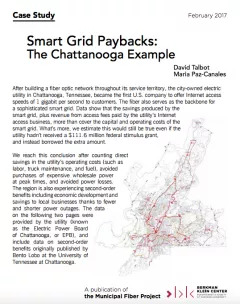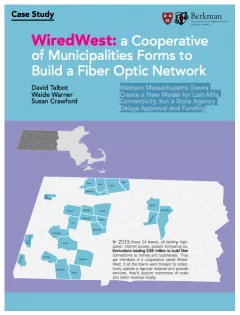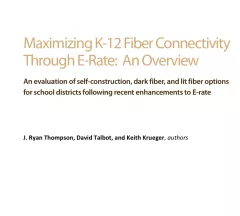Responsive Communities
Responsive Communities addresses the most important issues of social justice, civil liberties, and economic development involving Internet access and government use of data. The initiative offers a forum for meaningful engagement across academia, government, and industry. Through a cross-disciplinary approach, including law, public policy, business, engineering, and design, and a combination of academic and applied efforts, we work to shape communities that are fully connected and truly responsive to people's needs.
Infrastructure
We address the barriers to ubiquitous, affordable, high-speed Internet access as matters of social justice and economic policy, with the goal of shaping communities that optimize the benefits that Internet access can bring.
Leadership
We foster collaboration among faculty, staff, and students, as well as engagement with policy makers at the local, state, and federal levels.
Big Data
We advise communities, governments, and citizen groups on the uses and governance of data, and we promote best practices for managing data for the greatest social good.


